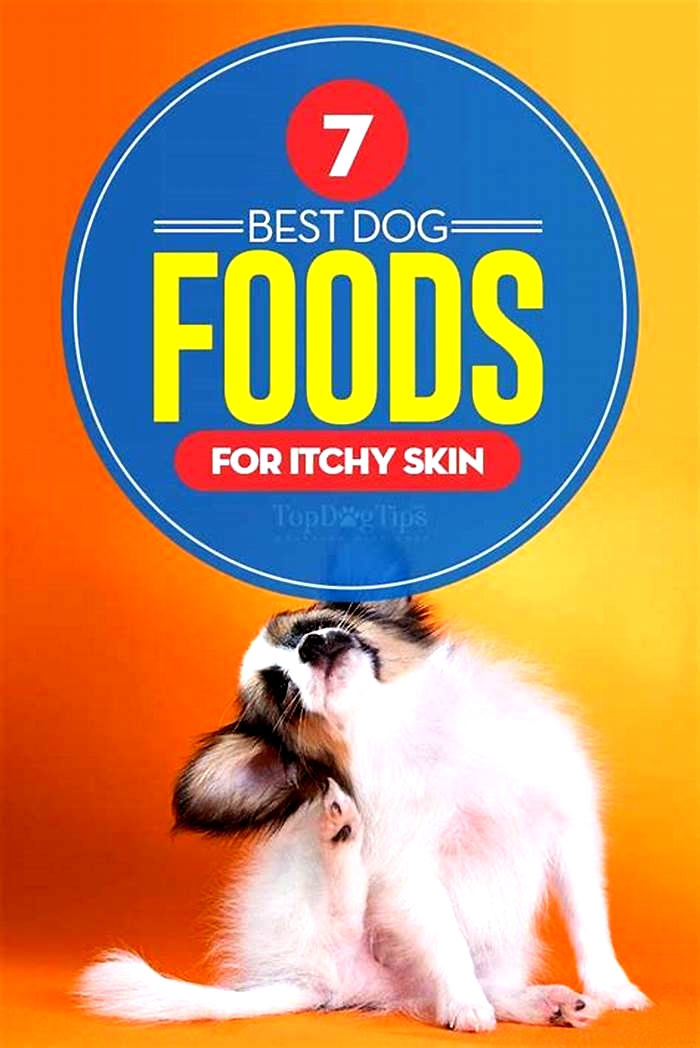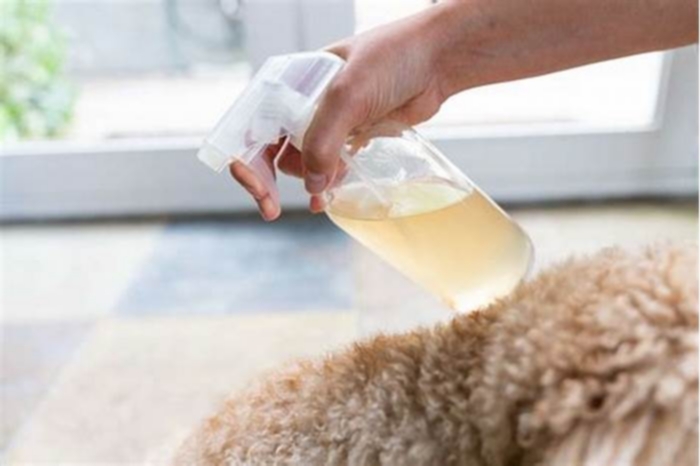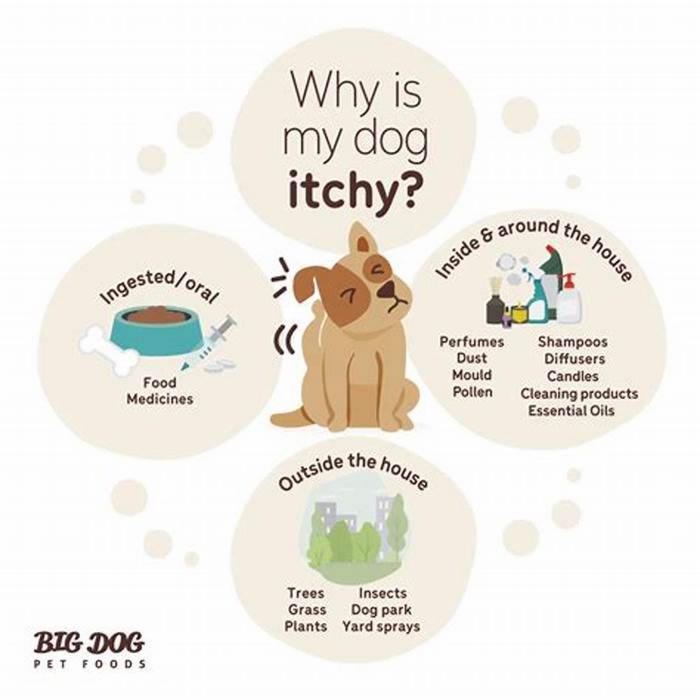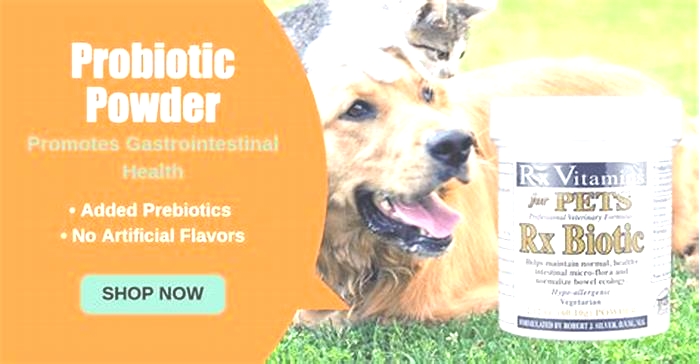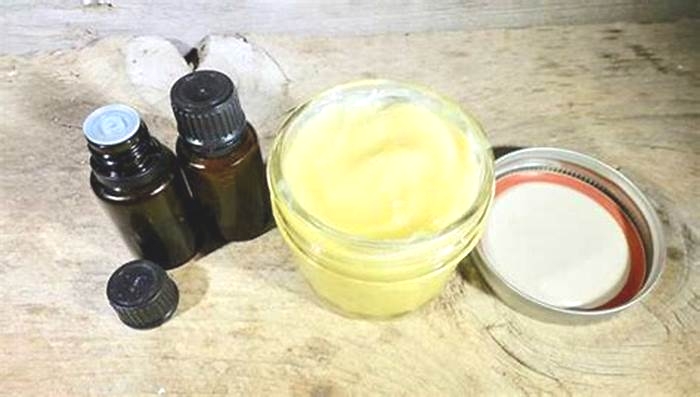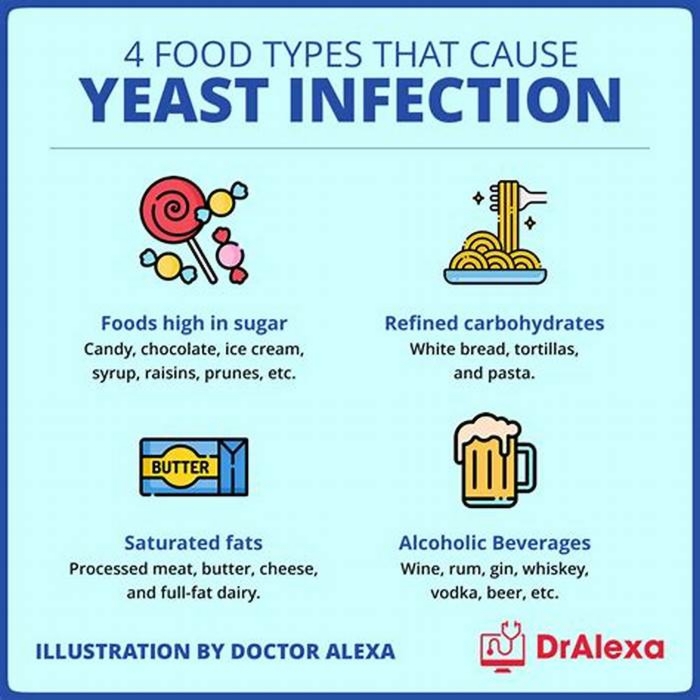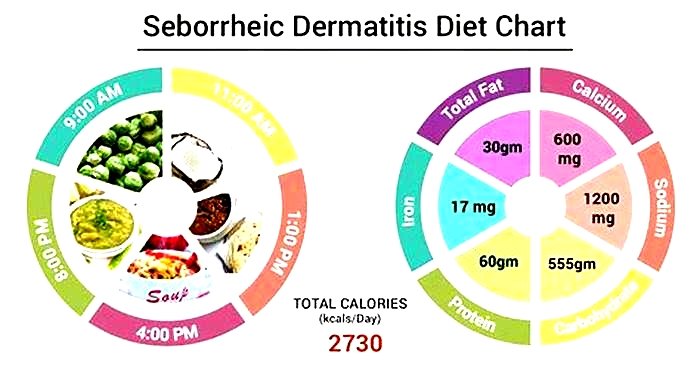Can coconut oil make dogs vomit
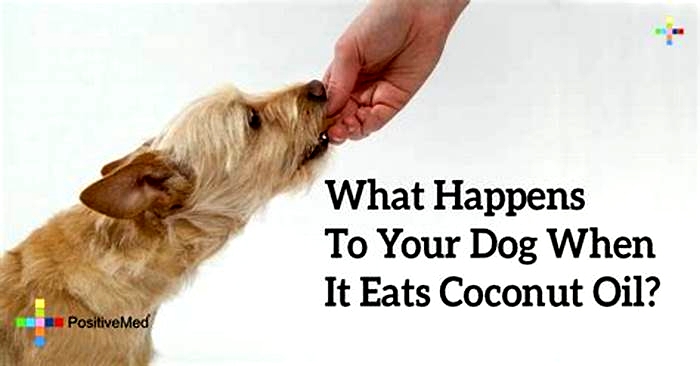
My Dog Ate Coconut Oil And Is Throwing Up
Are you on a health kick with your dog?
Are both of you adding coconut oil to your diets in order to boost your health and gain some of the many benefits from one of natures superfoods?
And it was going so well until your dog started to help himself!
As sure as night follows day, after a dog eats too much coconut oil they will end up throwing up.
Dont panic too much, most dogs will not suffer any long lasting effects from their coconut feast.
To find out what you should do and whether coconut oil is as fantastic as many people say it is, read on
My dog ate coconut oil and is throwing up
The symptoms of eating too much coconut oil or of coconut poisoning as it is also called can range from a bit of vomiting and diarrhea to pancreatitis.
And there are lots of factors involved in how severe your dogs symptoms will be.
The biggest one will be how much coconut oil that he consumed.
Other factors include:
How fit and healthy your dog is
How old they are
Depending on how severe and long lasting your dogs symptoms are will also affect whether you can treat your dog at home or whether you will need to take them to the vets.
How can I treat my dog at home?
A young, fit and healthy dog should cope fine even if they have had most of a jar of coconut oil.
Your dogs body should be able to deal with it by getting it out of the system as quickly as possible.
It will try to do this by throwing up or your dog could have a nasty bout of diarrhea for a day or two.
Expect some vomiting and/ or diarrhea from your dog.
And expect this to last for up to 24 hours.
Apart from the diarrhea and vomiting, your dog should still seem OK.
Have plenty of fresh water available or you might try a bone broth.
To help the diarrhea you might want to feed your dog a bland diet or try adding pumpkin to their food.
But, if there are no improvements within 24 hours you will need to phone your vet.
How might a vet treat my dog?
At the most extreme end of the scale, your dog might get pancreatitis.
Dogs who are most at risk of pancreatitis are older dogs, very young dogs and dogs who are overweight.
The pancreas is an organ near the stomach which helps digest food.
It produces enzymes that break down food as part of the digestion process.
Because coconut oil is mostly fat, it could be that the pancreas becomes overwhelmed.
Instead of producing enzymes it becomes infected and stops working.
A dog with pancreatitis, as well as having diarrhea and vomiting, will lack energy and will visibly not be themselves.
They wont be interested in eating and they could have an irregular heartbeat.
If these symptoms persist for more than 24 hours, you will need to go to the vets.
Vets will then treat your dog in any number of ways.
It might include doing an ultrasound to get a look at the pancreas or giving them plenty of fluids to help fight against dehydration.
What is in coconut oil?
Coconut oil is the oil that is produced from pressing the white flesh of a coconut.
A quick look at the nutrition of coconut oil shows that it is 99% fat and 1% carbohydrate.
Its saturated fat content is about 82.5% and its unsaturated fat content is 6.3%, leaving 1.7% of polyunsaturated fats.
Unsaturated fat and polyunsaturated fats are the healthiest fats, while trans fats are the most unhealthy fats.
And between these two points, sit saturated fat.
And of course, fats are constantly being studied by different scientists and so the facts are always changing.
Other nutrients in coconut oil that can be found in very tiny amounts are Iron, zinc choline, vitamin E and vitamin K.
Five massive health benefits of coconut oil for dogs
Coconut oil has acquired that mythical status of a superfood or at least as a super ingredient in recent years.
Of course, the health benefits of coconut oil were recognised firstly for people but any human health fad quickly transfers over to the dog population.
Coconut oils main claim to health fame is that it contains lots of good fats called MCTs (medium chain triglycerides.)
These fats are good for humans and dogs because it is claimed that they can:
- Give the brain more energy
- Reduce the risk of heart disease
- Lower blood sugar levels
- Promote weight loss
- Help against epilepsy and Alzheimers
Which Im sure that you agree are some very bold claims.
And the real power of MCTs is in the way that the body processes them and stores them.
MCTs are processed by the body and quickly turned into energy which the body uses immediately.
Importantly, they arent stored as fats.
Is coconut oil with 99% fat content really that healthy?
The only trouble is that it might not be true.
Coconut oil probably doesnt contain as much of these MCT fats as was previously thought and that it most contains a massive amount of bad fats.
And because of this, coconut should be thought of as unhealthy and only used in extreme moderation.
I recommend that you dig deeper into this research yourself.
This page contains a podcast with Melinda Culver, who is a veterinarian and is also a research scientist who has done lots of work around MCTs.
Or you can watch this incredibly controversial video from a Harvard professor which claimed that coconut oil is incredibly unhealthy for people or their dogs.
But be warned, this is a hotly debated subject!
What is a safe dosage of coconut oil?
As with any new food that you introduce to your dog, start off with very small amounts per day and then over a week or ten days build up to the recommended daily amount, which is based on the weight of your dog.
So on day one add teaspoon of coconut oil to your dogs food
On day two teaspoon of coconut oil to your dogs food
On day three teaspoon
On day four 1 teaspoon.
By introducing it slowly you are giving your dogs body time to get used to this new ingredient and time for you to see if the dog has any nasty side effects from it.
Most commonly this will be our old friends vomit and diarrhea!
If you dont see any side effects then from day four or five, start to increase the portion size of coconut oil until they are getting 1 teaspoon per 10 lbs of body weight.
So, one of my Golden Retrievers is 66 lbs and so her daily limit should be about six teaspoons of coconut oil
How can I stop my dog eating coconut oil?
It is more than likely that your dog ate coconut oil because you accidentally left a jar of it out on a work surface.
You normally keep the jar tucked away in a cupboard but on this one occasion, it didnt get put back.
And there is little that can be done to protect against such accidents.
Sometimes we are just more rushed, more stressed and more forgetful and that is just life.
Even the most highly organised people have off days.
However, it might be that your jar of coconut oil normally stays out on a counter and your dog has never seemed bothered by it until now.
If this is the case, you will need to start putting your coconut oils or cooking oils away in a cupboard because in my experience, if you continue to leave them out on a surface, a dog will get them again.
And finally, I want to deal with the tricky issue of finding safer alternatives to coconut oil.
Are there safer alternatives to coconut oil?
If accidents can happen and by accidentally leaving coconut oil out for your dog to feast upon, a legitimate question that you might have is, what are the safer alternatives.
I think if you are adding coconut oil to your dogs diet because of some of the health benefits listed earlier (reducing the risk of heart disease, promoting weight loss or feeding your dog brain food) then there are much safer alternatives.
But they will take up more of your time.
Most of the health benefits from coconut oil can be gained by making sure that your dog has plenty of exercise.
Or if you are feeding coconut oil to an older dog to try and reverse some signs of aging, then you might want to play some games or do some training sessions with your dog which will help them to keep their brains as sharp as possible.
Closing Thoughts
Hopefully your dogs brush with coconut oil has left no lasting damage and that suffered little else about from a bout of vomiting.
But having read some of the latest research into coconut oil which questions how healthy it truly is, are you going to keep using it with your dog?
Let me know in the comments.
My Dog Ate Coconut Oil
We have seen a lot of people in trouble saying My Dog ate coconut oil. Well, if your dog eats coconut oil, it does not means it is in danger for sure. Coconut oil is quite beneficial for dogs if given in a moderate amount. But if it eats coconut oil in high quantity, this can lead to various problems. Hence, we can say that what happens after a dog eats coconut oil totally depends on the quantity it consumes. Let us have a detailed overview on both aspects also, what to do if your dog eats it.
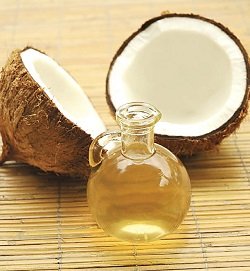
Is it safe for dogs to eat coconut oil?
Yes, coconut oil is safe for dogs as they can easily ingest it. Naturally, coconut oil is 100% safe for dogs if taken in a small amount. Many vets recommend the owners give coconut oil to their pooches to improve their skin and coat as it keeps the dog hydrated. Also, coconut oil deals with many digestive problems. But, along with its benefits, some research has made clear that there are concerns related to this problem which is the answer for those who are curious about What to do when my dog ate coconut oil?
What if my dog ate coconut oil in a large quantity?
As discussed, coconut oil if taken in more than an adequate amount can be dangerous for the dog. Coconut oil contains 80% of saturated fats which if eaten excessively can lead to building up an extra layer of fats. Also, the risk of pancreatitis and gastrointestinal issues increases.
Usually, when your dog eats a lot of coconut oil, it will more likely suffer from severe diarrhea, which leads to weakness and dehydration. Not only this, but the poop will smell extremely horrible and is white. Secondly, the dogs system tries to get the extra fat out of the body hence, vomiting is also very usual. In short, its a lot of mess if you are wondering about what are the consequences of My dog ate coconut oil.
Upset stomach, low energy, and smelly gas are some of the other conditions your dog may suffer from. These symptoms commonly last for about 2-3 days, but it entirely depends on how faster the dog digests it.
How to manage diarrhea after a dog eats too much coconut oil?
Now after observing all the symptoms, you need to know that how can this condition be treated. Well, either your dog is facing severe symptoms or not, you should consider visiting a vet at least once. But if your dog is suffering from severe diarrhea, weakness, vomiting, dehydration, and abdominal pains, it becomes compulsory to visit the vet. Let us have a look at how to treat the dog in both cases.
Treatment at home:
Diet is the most important thing that you should change for the better health of the dog. Well, as the stomach of the dog becomes sensitive after this, you need to give a soft and light diet. Given below are some of the dietary guidelines that will help you to cater to this situation.
Bland Diet:
It is pretty obvious that you have to limit the coconut oil in the dogs diet. Further, try giving a bland diet to the dog because it is easy on the stomach. Boiled rice or cooked chicken will not only make the stool harder but also, reduce vomiting.
Bone broth:
As the dog is suffering from diarrhea and vomiting, it is eliminating all the nutrients along with them as well. Hence, it is important to provide something energetic to the dog. Bone broth will fulfill the nutritional requirement of the dog also, helps in keeping the dog hydrated as well.
Fresh Water:
Dehydration is something quite obvious in this situation. The dog is leaving out all the fluids and liquids through vomiting and loose stools. Hence, providing plenty of fresh and clean water is important. Do not opt for dirty water as it can worsen the stomachs condition.
100% canned pumpkin:
Canned pumpkin is the best remedy for diarrhea in dogs, no matter the cause. Hence, giving the dog some canned pumpkins will help him get rid of the loose stools.
Treatment by a vet:
Before the condition of the dog gets miserable, you should take the dog to the vet for a complete check-up. The vet will run some tests and ultrasounds to make sure if the dog is okay. Any internal problem including GIT disorders or pancreatitis will b detected by the vet before it becomes fatal. Also, if the dog is luckily not facing any of these problems, then the vet will recommend the owner some beneficial diets for the dog to improve its health.
How can I stop my dog from eating coconut oil?
Well, obviously after knowing such consequences, who want their dog to consume coconut oil and rush to the vet saying My dog ate coconut oil. We are sure no one among you! Hence, here are some suggestions you can consider to make your dog stop eating coconut oil.
Usually, it happens when the owner leaves the jar open accidentally and the dog somehow manages to reach it. So, the first prevention is to keep the jar out of the reach of the dog. In case you are not able to find any safe space, start using any alternative of coconut oil so that dog stops eating it. Lastly, if you are giving the dog coconut oil for having some health benefits or reviving aging, you should opt for other methods for this. Daily exercise can do it all for the dog including improved brain activity, and better health.
How can I know if the dog has eaten a suitable amount or not?
To know how much amount of coconut oil is dangerous, we ought to know the recommended allowance of coconut oil for dogs. The recommended amount is totally based on the weight of the dog. You cannot start introducing coconut oil to the dog according to the recommended amount on the first day instead, you should increase it gradually. Normally, teaspoon is given on the first day, teaspoon on the second day, teaspoon on the third day, and then finally 1 teaspoon on the 4th day onwards. Do not exceed the limit than that. Hence, if your dog has consumed more than 1 teaspoon of coconut oil, it can cause multiple complications.
If my dog ate coconut oil, is he prone to get some diseases?
Despite getting diarrhea and throwing up, the dog is at the risk of having some serious health conditions as well. So, if in any case, you are in the situation of My dog ate coconut oil, make sure it is not going to suffer from these diseases. The conditions which can be life-threatening for the dog are pancreatitis, obesity, and dehydration. Let us have a look at them in detail.
Dehydration:
If the condition of the dog is severe, it is more likely to suffer prolonged diarrhea and vomiting. In such cases, dehydration is absolute. The dog loses most of its body fluids through vomiting hence, gets dehydrated. As the body organs do not work properly when there is an electrolyte imbalance in the body, the situation gets dangerous for the dog.
Symptoms for severe dehydration:
- Too much weakness
- Lethargy
- Bright red gums
- Dry skin, nose, eyes, and mouth
- Heavy breathing
What to do?
In case of mild dehydration when there are only early symptoms, you should make the dog drink some fresh water and healthy fluids to maintain its health. Whereas, if the dog is suffering from severe symptoms, then rush to the vet so that he might give the dog some fluids through IV.
Pancreatitis:
Pancreatitis refers to inflammation of the pancreas, which is a rare but possible consequence of eating coconut oil. It occurs due to intake of excessive fat, so is coconut oil. The pancreas plays a major role in maintaining the glucose level of the dog hence, if they get compromised, the life of the dog gets in danger too.
Symptoms of pancreatitis:
- Irregular heartbeat
- Heavy breathing
- Dehydration
- Low energy levels
- Diarrhea
- Abdominal pain, stiffness, or swelling
- Irregular body temperature
- Vomiting
- Lack of appetite
What to do?
Even if your dog shows any 2 of the symptoms for more than 1 day, rush to the vet before it gets worse. The vet will most probably run some blood tests and ultrasound to find the root cause. The primary cause will be treated at first, and then medications or diet therapy is recommended.
Obesity:
Coconut oil contains 80% of saturated fats which means, its excess is not a healthy choice. Well, if your dog eats enough of it, it will get obese with time as a result of which, the dog will be at the risk of having hip dysplasia and elbow dysplasia.
When is it risky if the dog eats coconut oil even in moderate amounts?
We know that a small quantity of coconut is safe for the dogs but is it possible that my dog ate coconut oil in a moderate amount and still faces the consequences. Well, yes! There are some conditions in which the dog might face some difficulties while consuming coconut oil. Let us have a quick overview.
Pancreatitis:
Well, we have discussed that pancreatitis can be one of the consequences of the dog eating coconut oil, but it is not only that. If your dog is previously suffering from pancreatitis, then even consumption of 1 teaspoon coconut oil will not be safe for the dog.
Allergy:
If your dog is allergic to coconut oil, even the recommended amount of oil will make the dog sick. In most cases, the dog starts suffering from diarrhea and vomiting as an allergic reaction. So, every time before letting your dog having coconut oil, make sure it is not allergic to it.
Does Coconut Oil benefits the dog?
Many dog owners let their dogs have small quantities of coconut oil to improve their health. After knowing all the consequences, risks, and possible dangers of coconut oil, we should discuss the benefits of having coconut oil in small quantities as well.
Lowers Itchiness:
You can prevent your dogs from wounding themselves by scratching their body. Smearing coconut oil on spider bites, bee stings, or flea attacks can reduce the itchiness by soothing the dogs skin. But still, each dog has its qualities so you should consult the vet first.
Disease control:
The coconut oil helps in making the bones and joints strong also, regulates the amount of insulin, and prevents diabetes. The entire immune system is strengthened hence, multiple disorders stay away from the dog.
Weight loss:
Coconut oil helps in increasing the rate of digestion which means maintaining a healthy body weight. The faster the digestion, the higher is the weight loss. If your dog is already overweight, do not consider giving coconut oil without consulting the vet.
Cognitive Development:
If your dog is slow, lazy, or less intelligent, coconut oil is the ultimate solution for its personality. Coconut oil improves brain health and makes the dog sharper than before.
Regulates mood:
Coconut oil plays a vital role in maintaining the good health of the thyroid gland. Hence, the thyroid gland keeps the mood of the dog happy and positive.
Healthy skin:
Rubbing the coconut oil on the skin of the dog will let him fight a lot of skin diseases. Not only this, but the fur will get glossier and thicker than ever making your dog look incredible.
BOTTOM LINE:
If my dog ate coconut oil, what would I do? Well, at first I would get to know how much coconut oil did the dog consumes. If it is in small amount, there is nothing to be worried about. But, in case the dog has eaten a large quantity of it, I would be looking for diarrhea and vomiting. Further, if the condition gets worse, visiting a vet would be my top priority.

